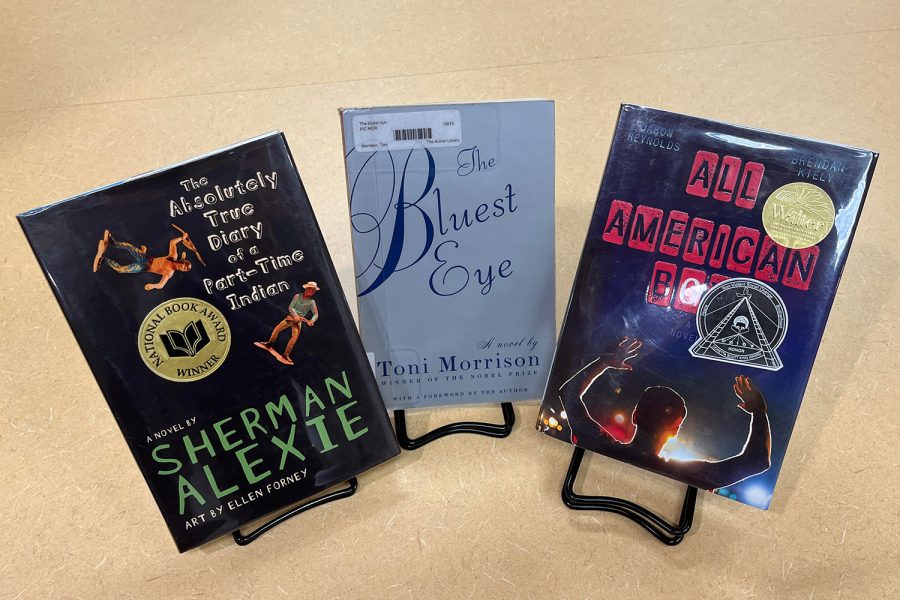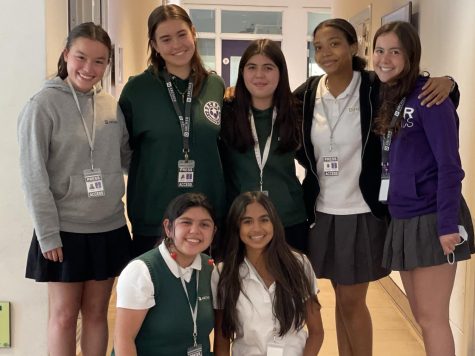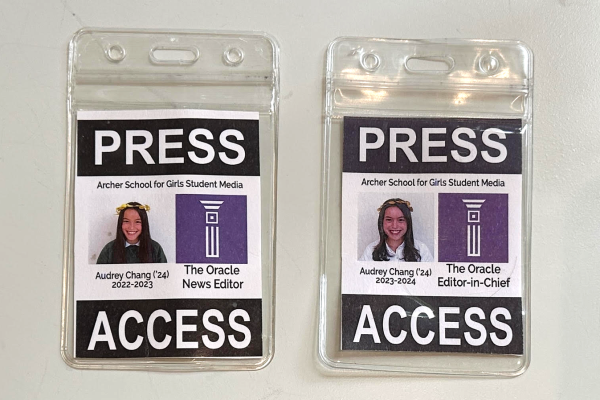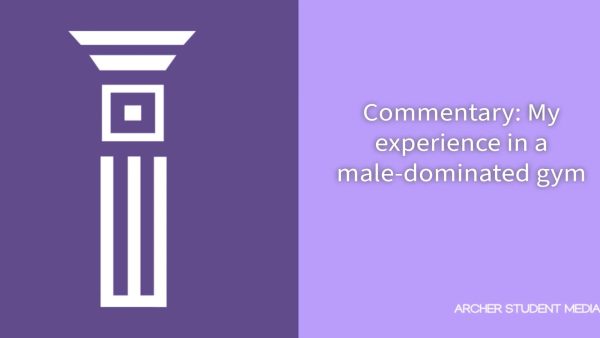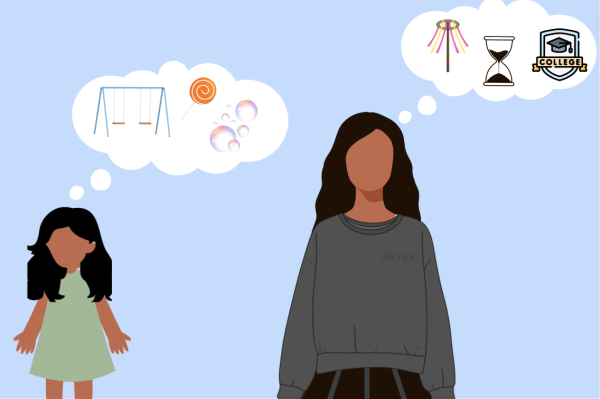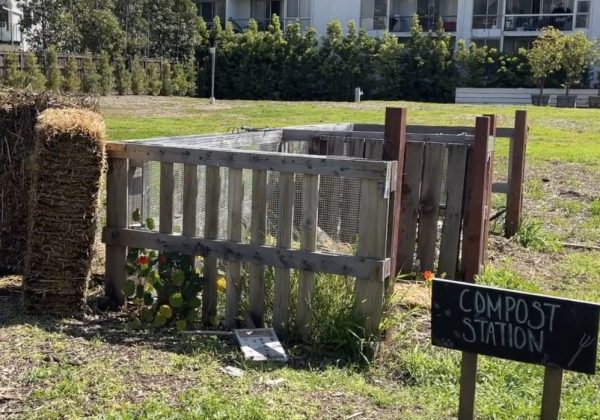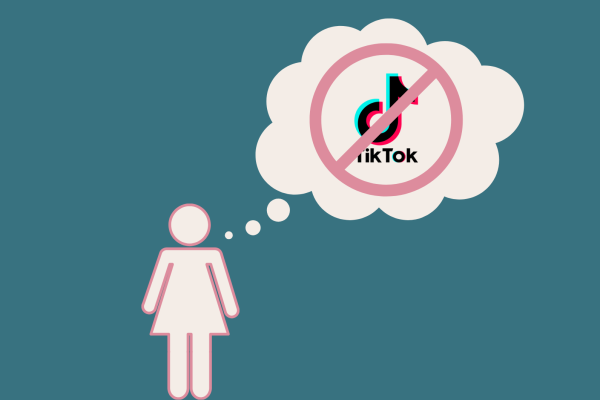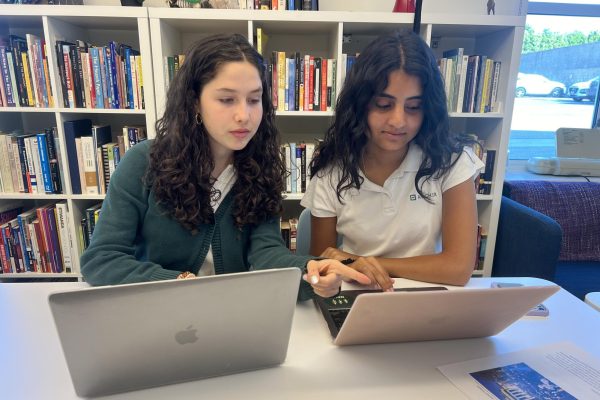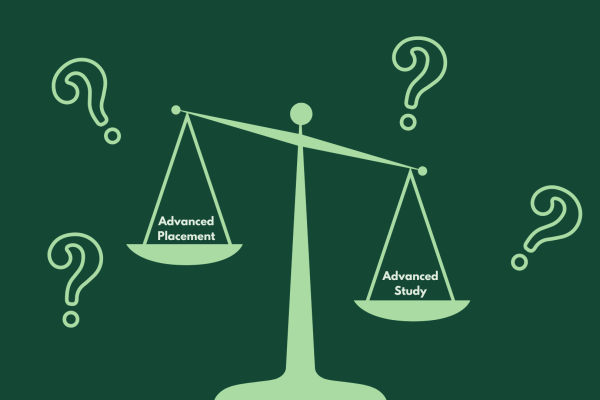Editorial: Censorship is on our minds, it should be on yours
Photo credit: Greta Irvine
These books, found in the Archer library, are among those being challenged and banned across the country. As censorship rages in the United States, threatening classrooms and beyond, this issue should be at the forefront of more minds.
September 30, 2022
In the publications programs at Archer, we learn about censorship: its intersection with The First Amendment, censorship in the media, prior restraint, self-censorship — the list goes on. It is a topic we return to time and time again when confronted with news headlines informing us of yet another threat to protected speech.
But, did you hear about the high school journalism advisor who refused to censor her student’s news article resulting in her suspension, although eventually overturned, even though a California law protects student journalists from censorship?
It is likely you did not. Living in Los Angeles with seemingly unlimited access to news, books, education and more, censorship is probably not at the forefront of your mind.
It’s time that it is.
Censorship is erupting all over the country targeting not only journalists but classrooms too. “So-called educational gag orders,” as described by the New York Times in an editorial on censorship, have seen a sharp increase from 2021. These are laws restricting discussions of topics like race, gender, sexuality and American history in K-12 schools and beyond.
This may not seem like a pressing issue to those of us attending school’s privileged by location and a private education, but that is exactly the danger. When the rest of the country is under attack, what makes us feel like we won’t be impacted?
The right to education is a fundamental human right, and we must not sit and watch it be stripped from our peers, our generation. If we hope to make strides for LGBTQ+ rights, it must be discussed in all schools. If we are to fight against racism in the United States, all students must be informed of our country’s history and have access to books and resources that explore race. These are not isolated issues. Censoring discussions of race, gender, sexuality and history prevents people from becoming informed citizens hindering necessary social progress.
A main target of censorship is books. According to a report by Pen America, over 2,500 different book bans took place over the past school year. These bans target books discussing the same topics threatened in schools. Alarmingly, this type of censorship has begun to take root beyond the classroom. Politicians in some states are fighting to make it illegal for bookstores and libraries to carry certain books — often those commonly banned in schools — threatening even the actions of private citizens who sell such books within the state.
Books, especially for young children, are an essential part of understanding the world around them and their place in it. When books such as “This Book is Gay” are banned — a nonfiction book adressing issues of sexuality — people are deprived of a place to understand themselves, see themselves represented and explore topics such as idenity and the challenges they may face in the world.
Despite all the disheartening statistics pointing to an escalation of censorship, there are people fighting back: students, parents and librarians often dealing first hand with censorship in their communities.
But those of us more removed from the issue can still challenge this suppression of speech, books and other materials. Censorship is a complex issue that intersects with topcis like politics and white supremacy so seeking a nuanced understanding of the issue is an essential way to inform action.
Annual events such as Banned Books Week provide numerous opportunities to engage: participate in the “Stand for the Banned Virtual Read-out” or explore the list of the top 10 challenged books of 2021. Within our community, build or support student led groups speaking out against injustice. Exercising your rights by checking our banned books and encouraging others to do the same is another form of action that can lead to greater understanding and engagement with the issue.
And don’t forget the power of your voice — if you are a reader, you can be a leader.
As student journalists, we are constantly thinking about censorship — how it affects our work and the world around us. But, at the end of the day, this issue affects us all, so it’s time it’s on your mind too.



